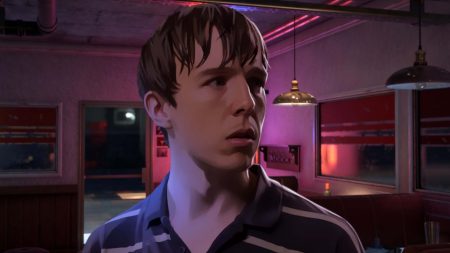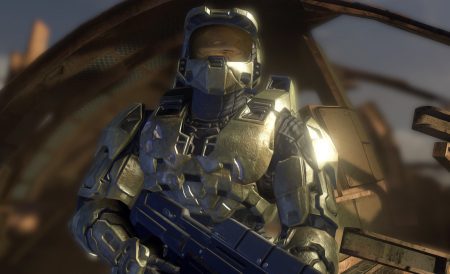2022 might be one of the best years ever for games… that came out before 2022. As this site’s resident Old Games Guy, I have spent a good portion of this year catching up on some classic (and not yet classic) titles that have called out to me over the years. And man, there were a lot of great ones this time.
As we approach that time of the season when critics list the best (and, in some cases, worst) that these last 12 months have had to offer, it also behooves us to appreciate the games that have littered our backlog for years or even decades. With that in mind, I have decided to list my 10 favorite backlog games that I played in 2022.
Just a few parameters (of course):
- This list won’t include games that released in 2022 or 2021 (save for one port/remaster)
- Games I’ve played before don’t qualify (with, again, one exception, but I’ll get to that)
- For the sake of presenting a diverse list, I will include just one game per franchise (with, yet again, one exception)

Honorable Mention: Persona 5 Royal
After assuming for years I’d have no interest in playing a 100-hour JRPG, I started Persona 5 Royal just days after it appeared on Xbox Game Pass. I’m about 16 hours in as of the time of writing, and so far I love this game. The stylish art direction, campy character design, and engaging turn-based battle system are a delight, and the story (while somewhat overwrought in places) has been more moving than I anticipated. But as I’ve said, I’ve played less than a fifth of the overall experience, and it would feel wrong to place this firmly on my list without seeing where everything goes. Get back to me next year.
 10. F-Zero X
10. F-Zero X
Despite frequently demanding Nintendo bring back its futuristic, high-speed racing franchise, I had somehow neglected throughout my life to actually play the Nintendo 64 entry F-Zero X. Amazingly, it exceeded my expectations in minutes, as F-Zero X quickly emerged as one of my favorite racing games of its era and one of the most exhilarating experiences I had this year. The rapid pace meshes well with the (mostly) precise controls, the course design remains inspired to this day, and the energetic, booming soundtrack makes every second of gameplay thoroughly exciting.
 9. Street Fighter III: Third Strike
9. Street Fighter III: Third Strike
Street Fighter is less a series of games than a language that continuously evolves, and no game in the series best exemplifies the “Queen’s English” of that language better than Third Strike. The title presents its fair share of harsh challenges and complicated movesets, yet the balletic flourish and boisterous flare of every match elicit a unique type of joy, even in defeat (which happens often for scrubs like me).
I’ve always admired the vibes of each Street Fighter game (though I acknowledge the problematic nature of many stereotyped characters and levels), and Third Strike manages to surpass its predecessors (and successors) in that regard, even all these years later.
 8. Dead Space
8. Dead Space
My favorite thing about the original Dead Space (which appears to have been altered in the upcoming remake) is that protagonist Isaac Clarke never says a damn word. As a result, the 2008 horror classic allows Clarke to be a cipher for the player’s own experiences, making each jump scare and enemy encounter feel like yours, not Clarke’s. The game happens to you.
One of the greatest hallmarks of the Xbox 360/PlayStation 3 generation was the various ways games refined linear narrative experiences to be more cinematic and include better writing. Yet while many games sought to create more “realistic” characters (Nathan Drake, Marcus Fenix, Niko Bellic), Dead Space thoughtfully utilized the classic “silent protagonist” structure, and thus allows the player to soak in every part of the plot, world design, and combat sequences to create a “story” in their head far more exhilarating and terrifying than if Clarke told you how scared he was at any given moment. 14 years later, Dead Space still allows that story in my head to take center stage and flourish.
 7. Astro’s Playroom
7. Astro’s Playroom
Astro’s Playroom has officially taken the mantle from Wii Sports as the best free launch pack-in game ever. Beyond the delightful nostalgia of the level design, which included PSP discs as boogie boards and boss fights with mid-’90s tech demos, Playroom features some of the sharpest 3D platforming controls of any non-Nintendo game I’ve ever played, and I’m genuinely disappointed that Sony doesn’t release games like it more often.
 6. The Legend of Zelda: Oracle of Seasons
6. The Legend of Zelda: Oracle of Seasons
The one that (almost) got away, Oracle of Seasons is a wonderful portable Zelda experience with clever dungeons, lovable characters, excellent music, and (relatively) tight controls. More than anything, I admire the way the game makes seasonal change not just the centerpiece of the gameplay, but the central recurring theme of the story: Change can be daunting, but it’s necessary, inevitable, and even beautiful.
Through the changing of the seasons, Link gets to see and appreciate every single side of Holodrum, and I was glad to see it all with him.
 5. Donkey Kong ’94
5. Donkey Kong ’94
Somehow, I waited decades to play what might be the best non-Pokémon title on the original Game Boy, but it did not disappoint. Donkey Kong ‘94 has some of the best puzzle-platform level design of any handheld game I’ve played, the music and visuals are charming and fun, and some of the later challenges present a welcome level of difficulty and nuance. Donkey Kong ‘94 represents the best of what the original Game Boy could offer, and it remains a gem to this day.
 4. Fire Emblem: Three Houses
4. Fire Emblem: Three Houses
The first game in the franchise I ever played to completion, Fire Emblem: Three Houses offers deep tactical combat mechanics, a broad array of RPG systems and options, an enchanting hub world with so much to do, and a clever approach to storytelling around war and political strife (at least by the standard of Nintendo-made games).
More than anything, though, I adored the relationships I made with my students. Every tea time, support conversation, and side battle added gravity to the main quest, as the young heroes on my team were more than just party companions defined by what weapons they use; they were family, and I couldn’t bear to see them suffer.
 3. Assassin’s Creed IV: Black Flag
3. Assassin’s Creed IV: Black Flag
Assassin’s Creed might be the most “hit or miss” franchise ever, but Black Flag reminded me of the promise this series holds when placed in the right setting, with the right gameplay philosophy.
Sailing the Caribbean sea as a pirate seeking freedom from the stranglehold of oppressive governments—all while robbing Naval ships, searching for buried treasure, and killing slave owners along the way—makes for a tantalizing experience in any context. But Black Flag’s excellent writing, quest variety, and dazzling soundtrack set it apart from its peers in the genre, and watching Edward Kenway grapple with the slow but inevitable erosion of the life he sought was as agonizing as it was touching.
 2. The Mass Effect Trilogy
2. The Mass Effect Trilogy
This is the spot where I cheated and broke all three of my stated parameters. Technically, I started playing Mass Effect 1 (as part of the Legendary Edition) in late 2021. I also played through about half of Mass Effect 2 when it first released in 2010. Even though I can definitively say my favorite entry in the series is the second one, I still opted to include the entire Legendary Edition in this spot.
At this point, I shouldn’t have to explain why these games are so great (even though I’ve tried) or why I can’t pick just one, even though I have a clear favorite. Honestly, I felt compelled to include all three in the same spot because the whole journey truly amazed me, and it didn’t feel right to exclude any portion of that journey. I don’t think I was ready for that multi-game experience back in 2010, and I’m just glad I didn’t wait any longer.
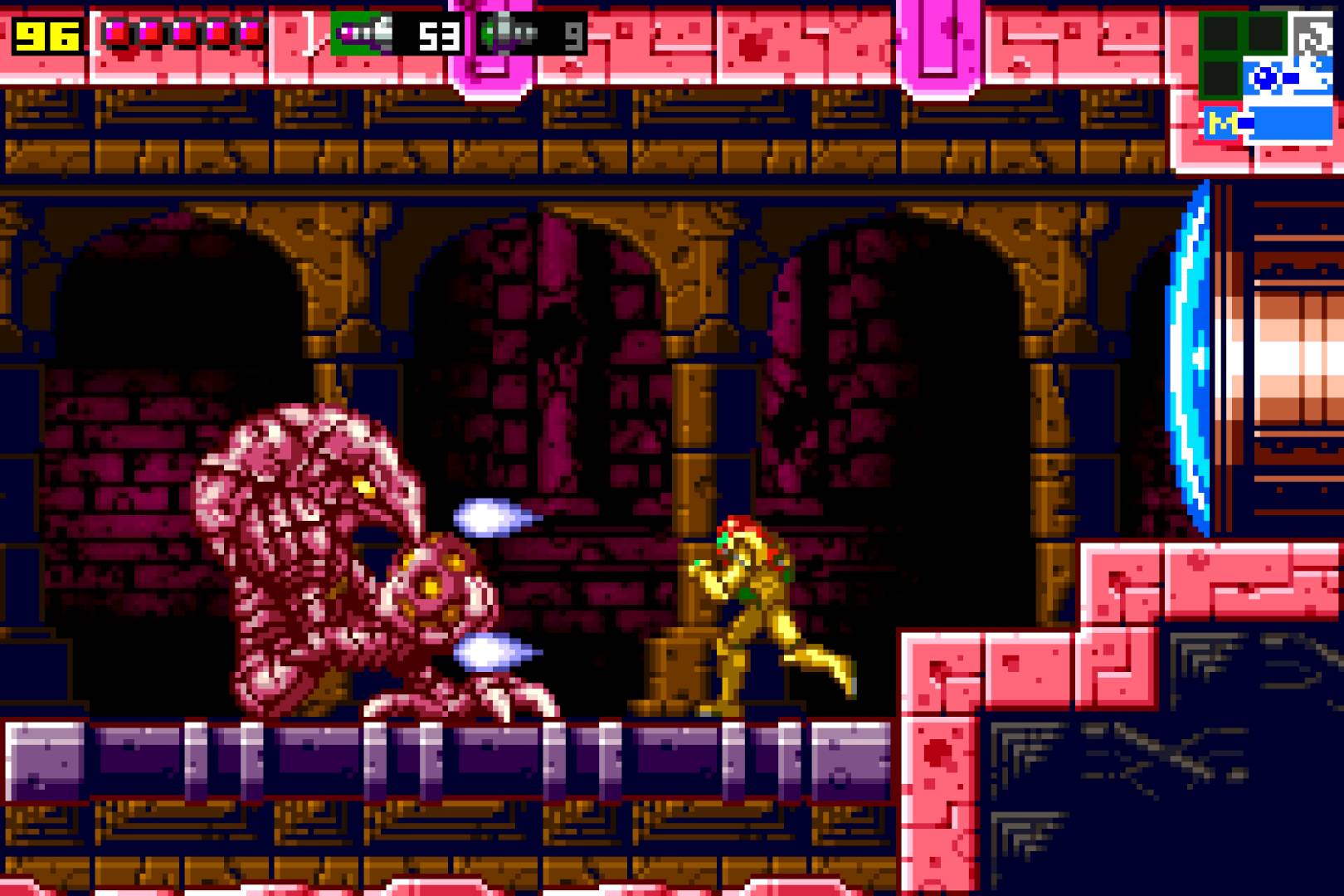
1. Metroid: Zero Mission
I’m going to be lazy here and post what I wrote back in March, since I don’t think I need to say more about how tremendous Zero Mission is:
Honestly, Zero Mission quickly entered the conversation for greatest Metroid game I’ve played. The world design builds upon the best of the original Metroid, yet reimagines the most frustrating elements of the 1986 release with a vastly improved minute-to-minute gameplay loop, bigger boss battles, a more intriguing plot, and excellent level and world design. Also, despite being a much easier and more user-friendly title than the original Metroid, Zero Mission still presents plenty of difficulty along the way through the typical spate of breakable walls, unforgiving boss fights, and secret puzzle areas fans of the series expect.
Moreover, the most striking thing to me about Zero Mission was how it took a fairly bare-bones plot and improved the presentation of the narrative while adding layers of mystery and intrigue. Throughout the story, Samus finds brand new secret abilities and areas almost by accident, and such abilities have little apparent use right away. While at first these sections came off as puzzling (and even a little disorienting), the explanation for their existence closer to the end made for an incredible payoff, and one that solidified Zero Mission as a phenomenal game that I can’t believe I’ve avoided for so long.
What are some backlog games you tried this year, and what do you still need to get to? Let us know in the comments!
Sam has been playing video games since his earliest years and has been writing about them since 2016. He’s a big fan of Nintendo games and complaining about The Last of Us Part II. You either agree wholeheartedly with his opinions or despise them. There is no in between.
A lifelong New Yorker, Sam views gaming as far more than a silly little pastime, and hopes though critical analysis and in-depth reviews to better understand the medium's artistic merit.
Twitter: @sam_martinelli.


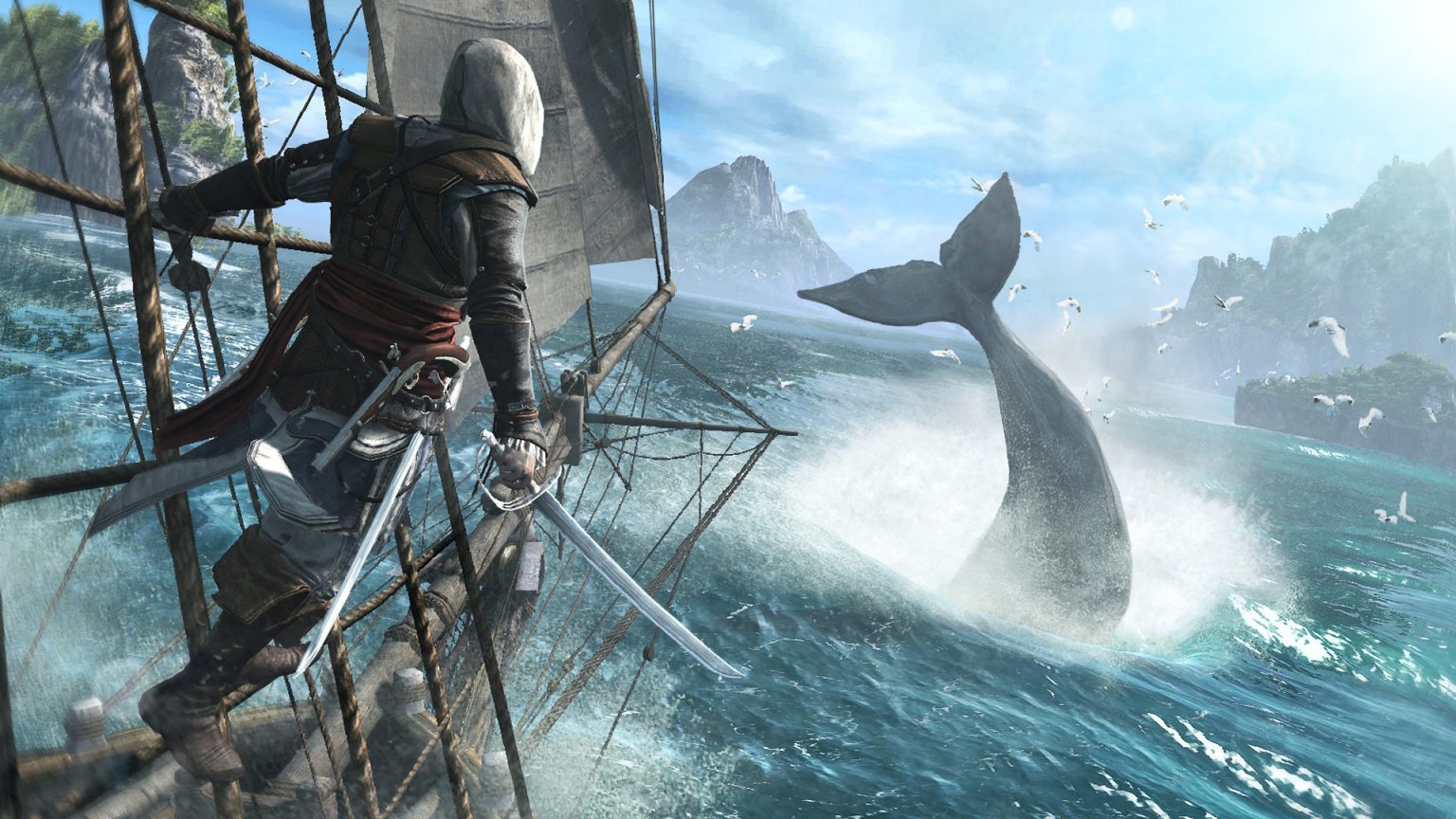
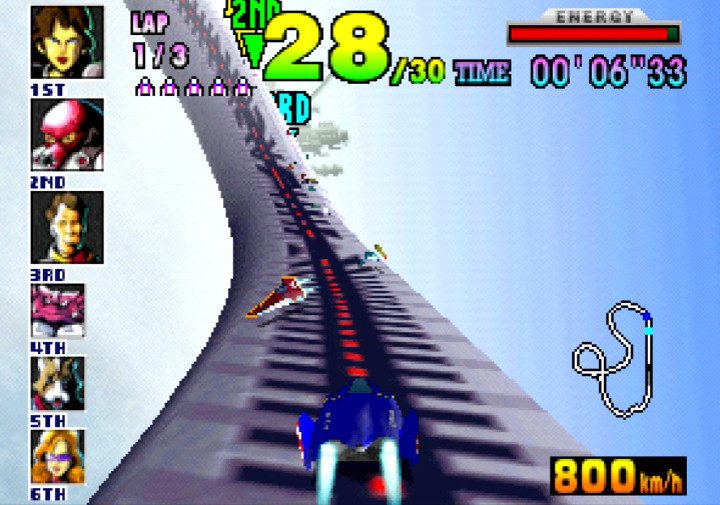 10. F-Zero X
10. F-Zero X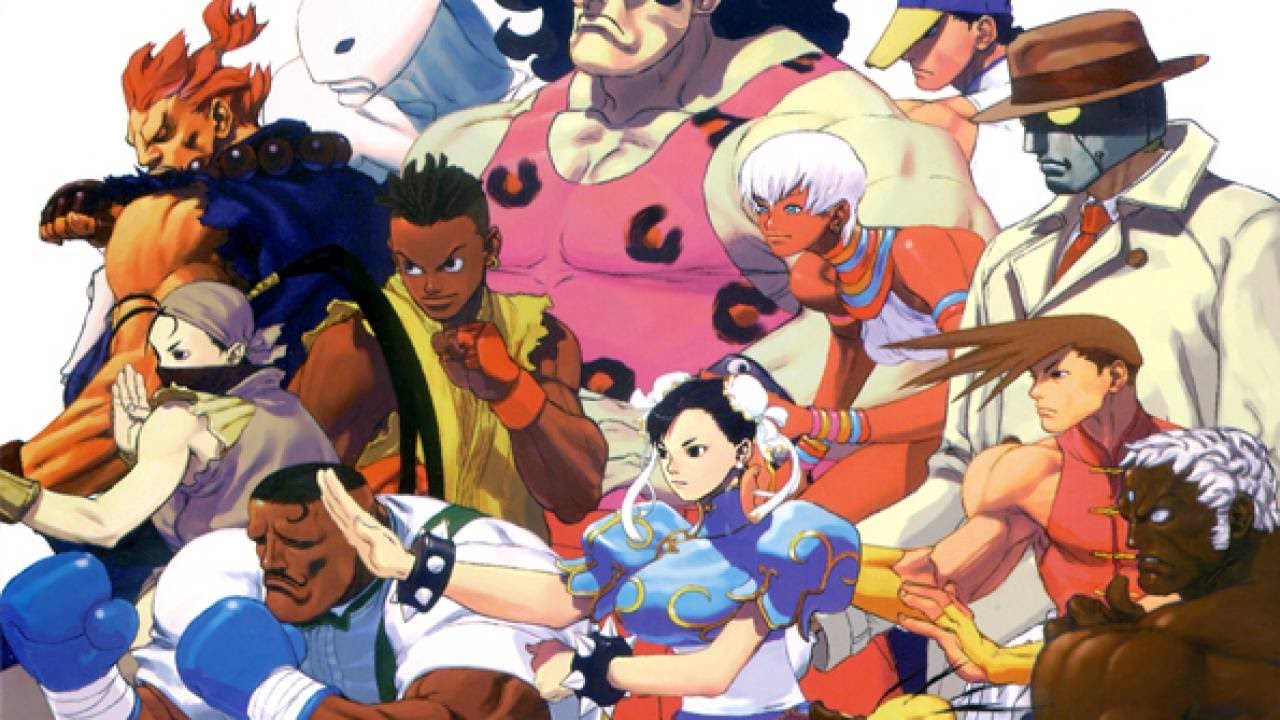 9. Street Fighter III: Third Strike
9. Street Fighter III: Third Strike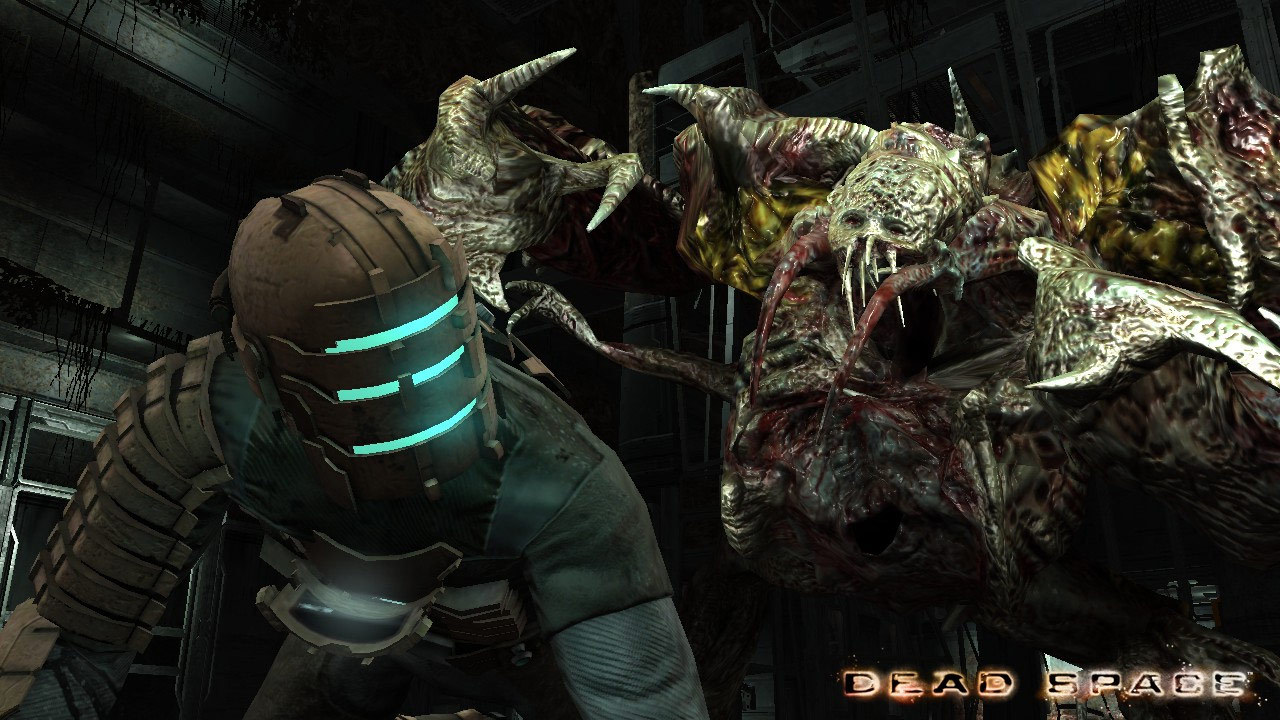 8. Dead Space
8. Dead Space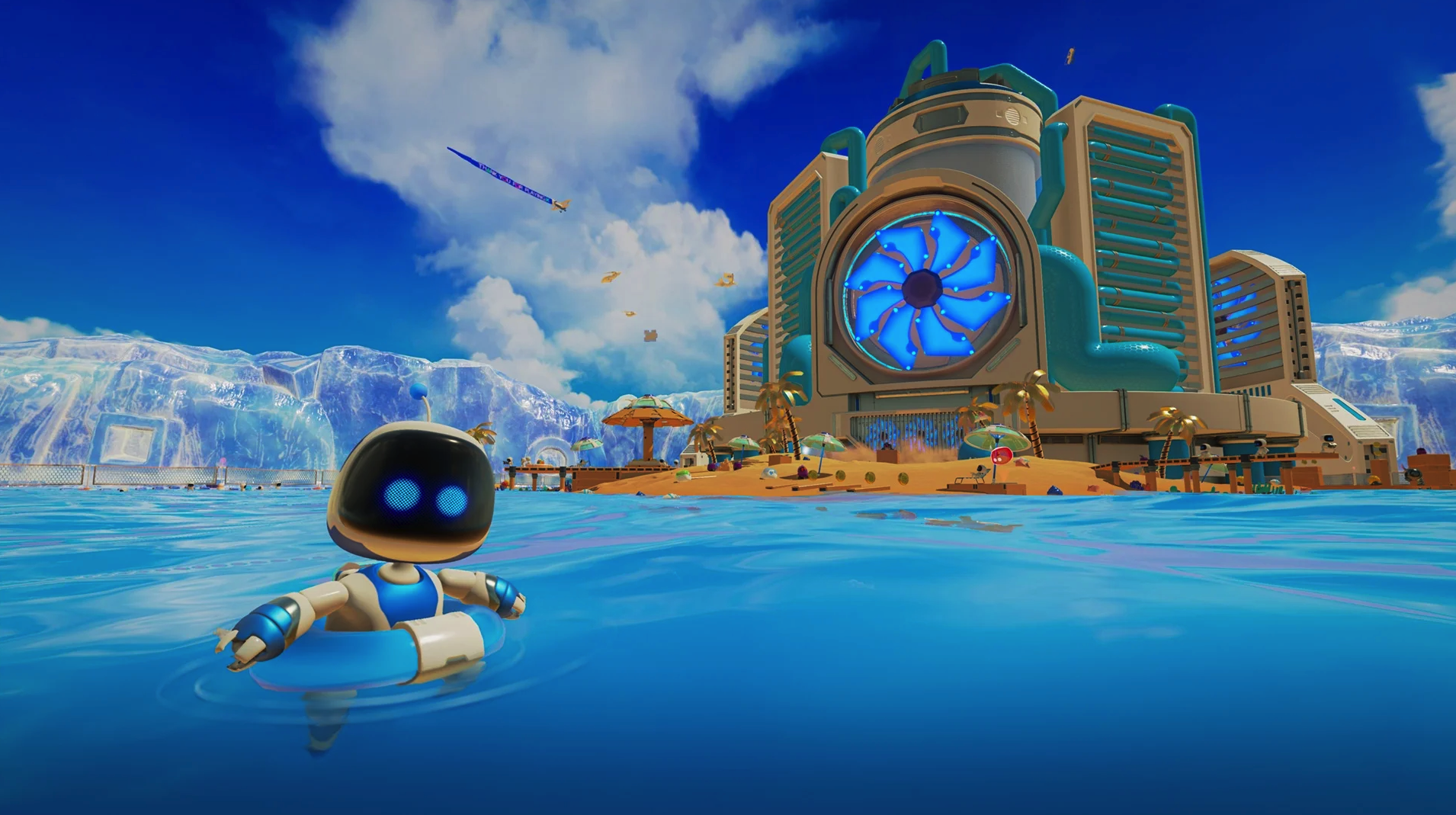 7. Astro’s Playroom
7. Astro’s Playroom 6. The Legend of Zelda: Oracle of Seasons
6. The Legend of Zelda: Oracle of Seasons 5. Donkey Kong ’94
5. Donkey Kong ’94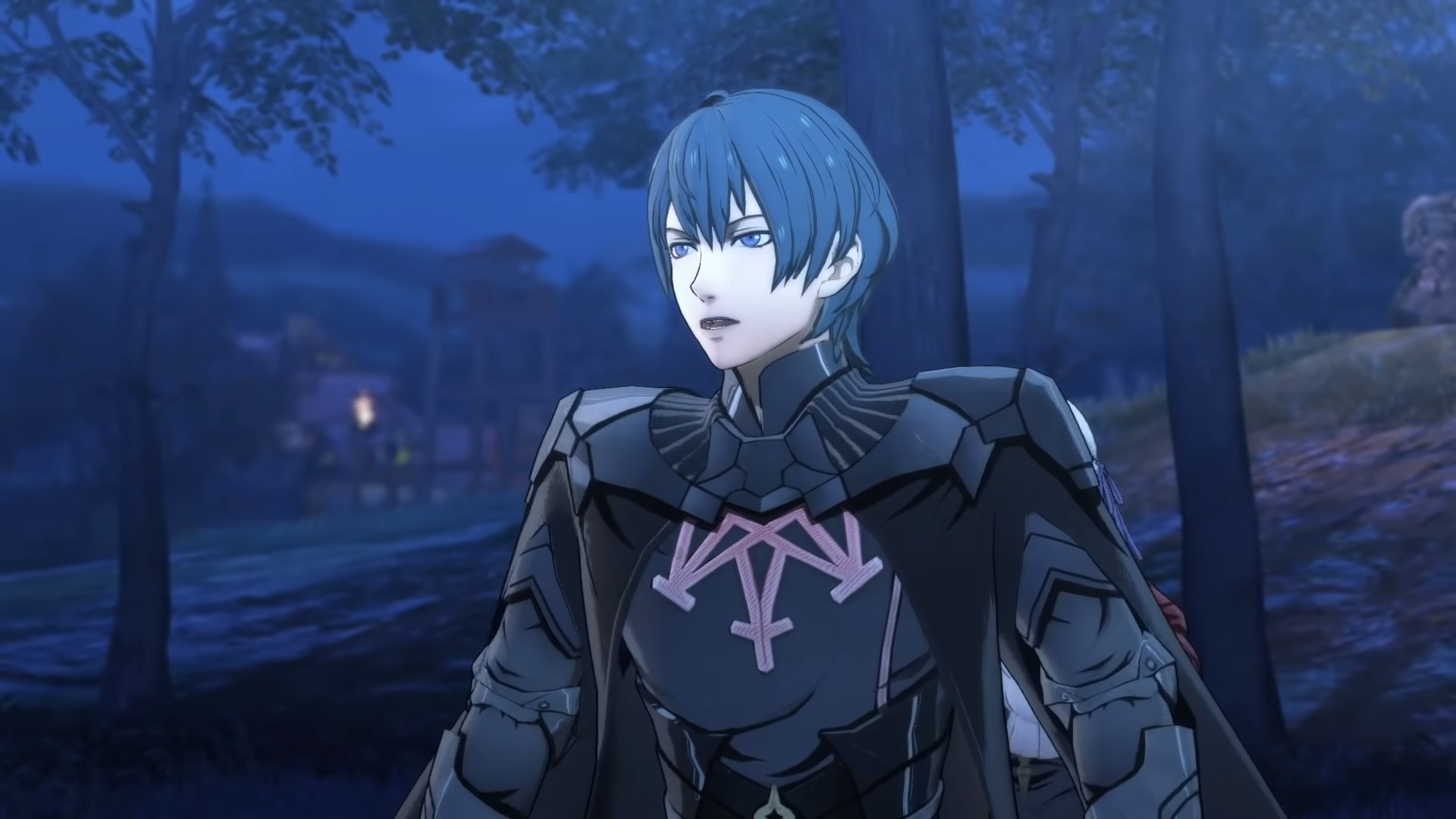 4. Fire Emblem: Three Houses
4. Fire Emblem: Three Houses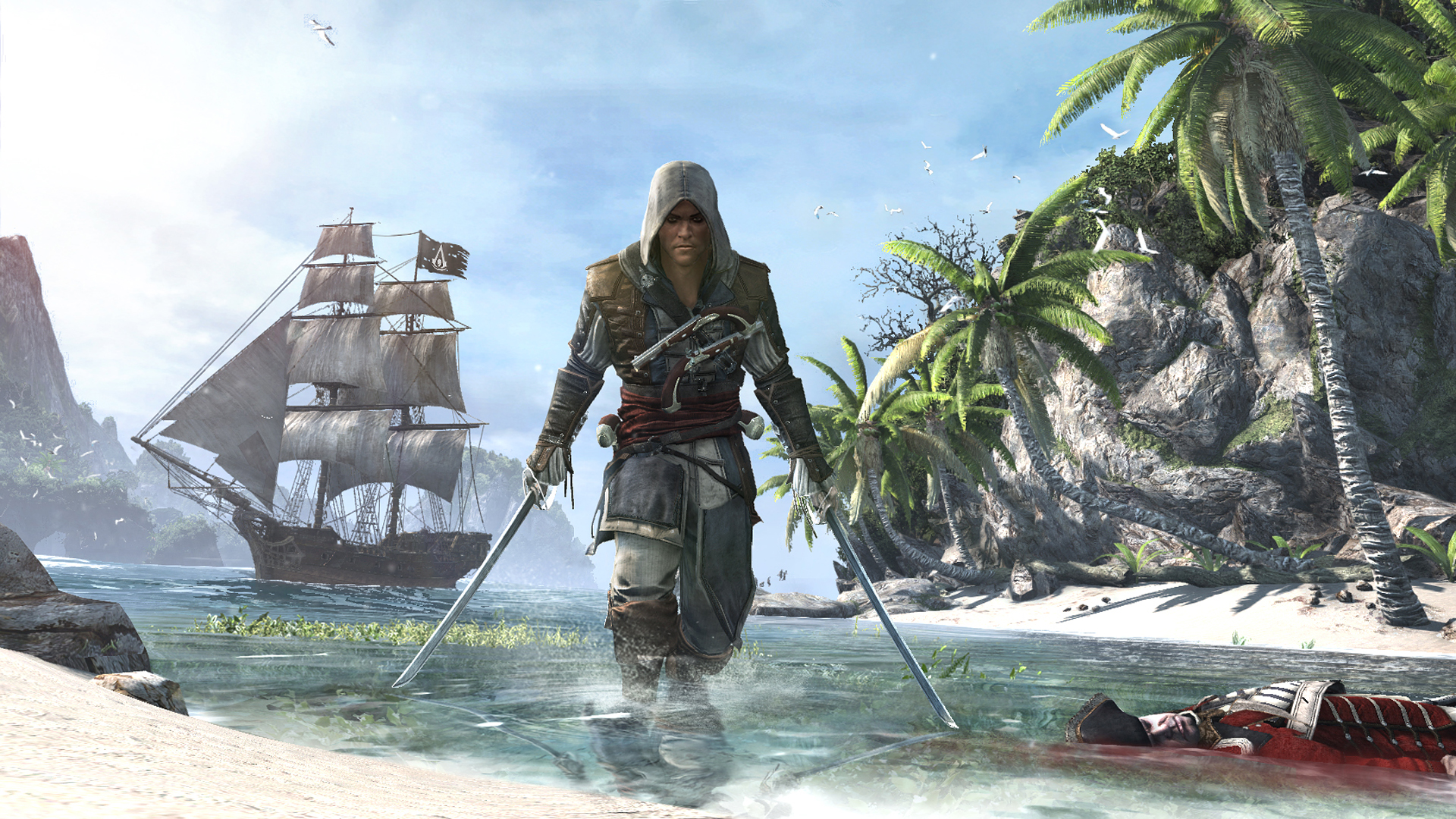 3. Assassin’s Creed IV: Black Flag
3. Assassin’s Creed IV: Black Flag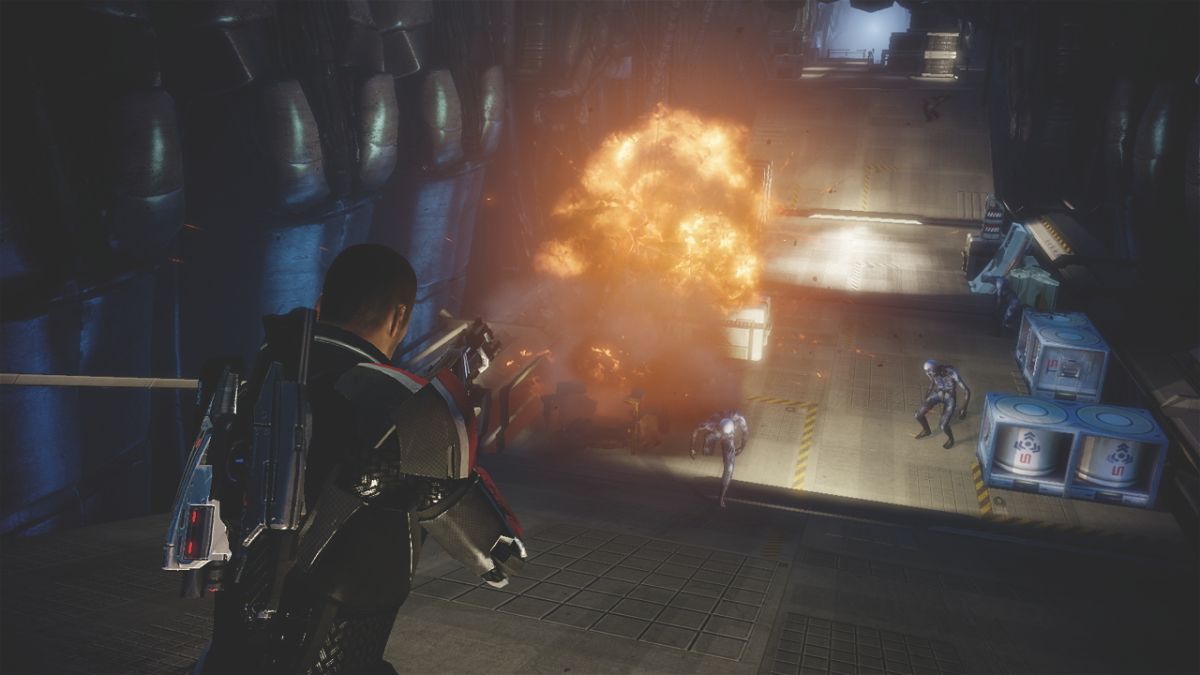 2. The Mass Effect Trilogy
2. The Mass Effect Trilogy




